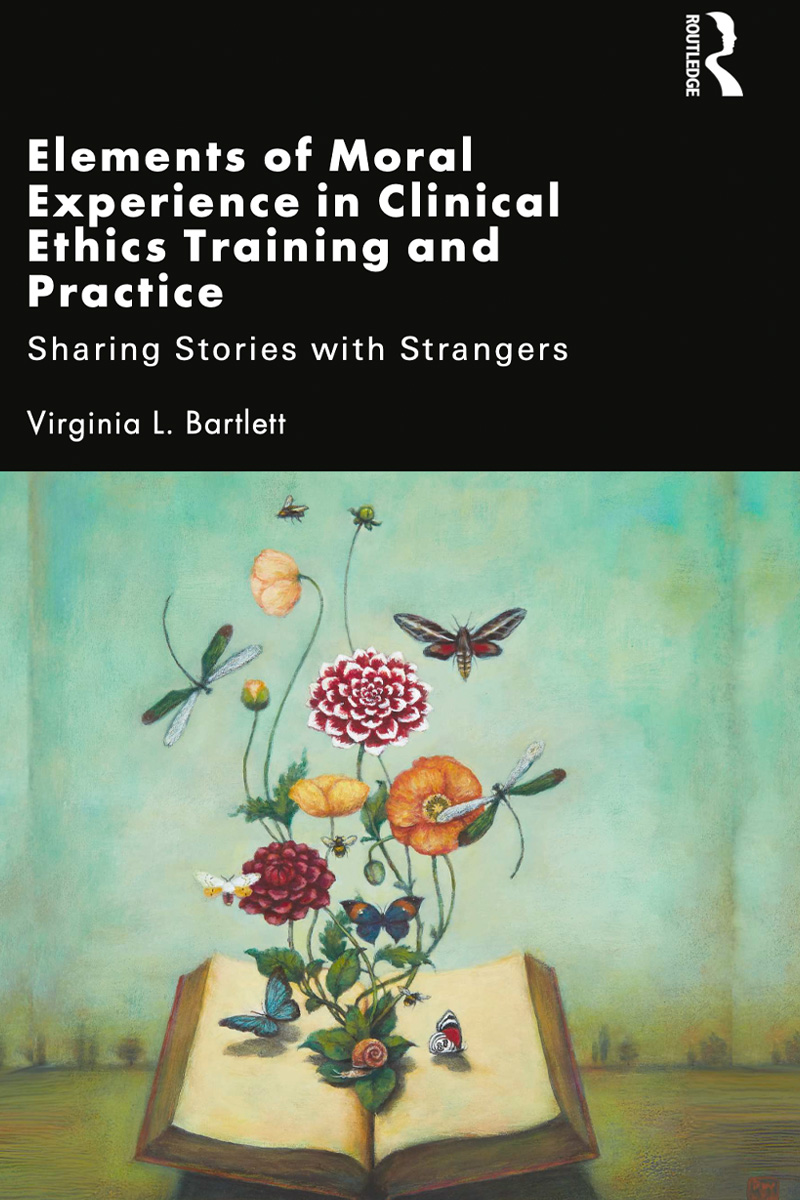Discoveries
The Human Touch of Clinical Ethics
Jun 11, 2024 Susie Wampler

While clinical ethics is increasingly important to healthcare decisions, few resources explore the true experience of consulting on such challenging matters—let alone the education, training and professional development necessary for becoming a clinical ethics consultant. Virginia L. Bartlett, PhD, assistant director of Cedars-Sinai’s Center for Healthcare Ethics, wrote a professional memoir, Elements of Moral Experience in Clinical Ethics Training and Practice: Sharing Stories with Strangers, to remedy this deficit.
Bartlett interweaves experiences from her own career with philosophical reflections as well as connections drawn from music, poetry and literature. Her journey from graduate training to nearly 14 years at Cedars-Sinai and her involvement in more than 1,600 clinical ethics consultations inform her uniquely nuanced perspective. The memoir sheds light on an ethics consultant’s responsibilities and illustrates complex challenges faced by patients, family members and clinicians in clinical encounters.
Elements of Moral Experience in Clinical Ethics Training and Practice illuminates how moral and ethical concerns in healthcare are best appreciated through close listening to the stories of those “whose concerns these actually are.” It is through reflecting on the shared stories of patients, family members and clinicians that we make sense of, and find meaning in, our experiences with illness, injury and caring for others.
While valuable to both students and practitioners, the book has much to offer to anyone fascinated by the issues of clinical ethics. The three-part structure—encompassing discovery, learning and experience—invites readers to find their own paths through each chapter’s stories, reflections and resources. Bartlett’s book allows readers to discover for themselves how best to critically reflect on—and face—ethical questions in clinical contexts.
Ultimately, Bartlett concludes that it is through the sharing of our stories that “we create the possibility of understanding and learning, together, about the interpersonal, shared experiences that shape our practices” and generate meaning for clinical work.


